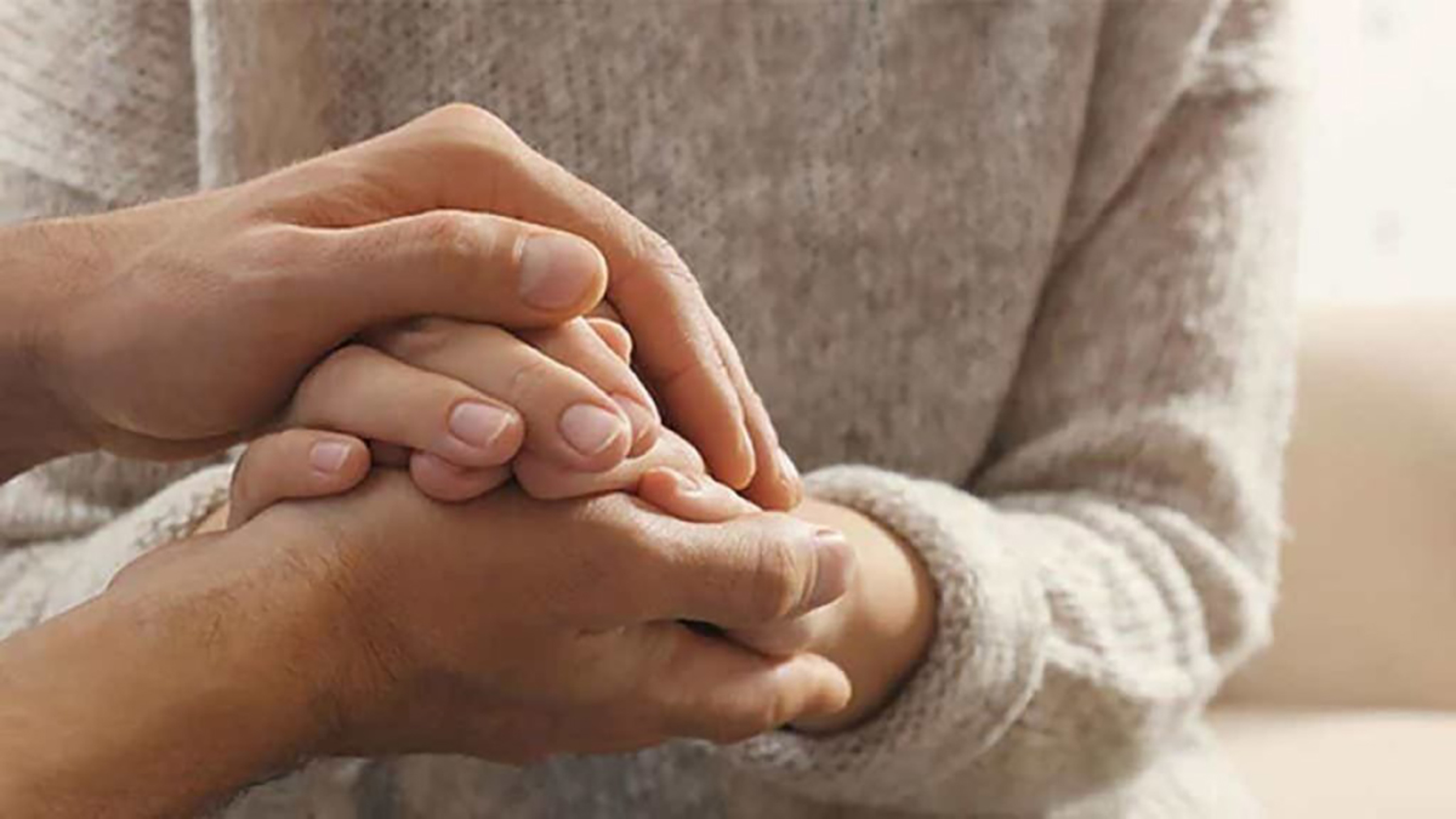6 Ways to Manage Anxiety After Loss
Experts discuss strategies for coping with anxiety after the loss of a loved one.
Nov 10, 2022
Anxiety disorders affect more than 40 million Americans each year. They’re not only the most common type of mental illness but also something that many of us grapple with after someone we love dies. And that’s not surprising. After all, when we are grieving, we feel vulnerable and confused and experience a range of emotions over which we have very little control.
But the anxiety that’s associated with grief isn’t a commonly discussed topic in our culture, which isn’t the most comfortable supporting those coping with loss, and so we are frequently taken by surprise when the symptoms arise.
In a “Light After Loss” Instagram Live episode, Modern Loss’ Rebecca Soffer and Claire Bidwell Smith, author of Anxiety: The Missing Stage of Grief, discussed strategies for coping with anxiety after loss. Here are some key takeaways of their conversation:

Remind yourself that anxiety is a normal reaction to grief
Anxiety is the mind’s response to a fearful situation and our body’s way of managing stress. Death and loss automatically set off our fear responders, putting us on alert and heightening physical sensations. It can help to remember and remind yourself that this is a very normal reaction.
Carve out some time to consider the feelings you’re experiencing
Feelings of anxiety can arise from unprocessed grief. Block off some time to really sit with yourself and notice what you’re feeling. Do you have any emotions or memories that you are avoiding out of fear or pain? If you do, consider doing some work in these areas (on your own or with the support of a professional) to ease the pressure on your accompanying anxiety.
Embrace post-traumatic growth
When psychologists study post-traumatic growth, they find that along with grief and sadness people often begin to see new possibilities and find new sources of meaning. Find ways to begin moving forward and healing. Sometimes we resist doing this because it feels as though if we choose to move forward, then it means we are letting go of our loved one. Rest assured, this will never happen. We can find ways to build a meaningful life in someone’s absence while also maintaining our relationship with them.
Write it down
Writing about your grief can be an incredibly powerful experience. The practice can help us process our feelings, release tension, and feel connected to our lost loved ones. Don’t pressure yourself to create any great works of meaning. Just get your thoughts onto the page, screen, or whatever napkin is sitting in front of you.

Connect with others
No matter the circumstances, grief is a lonely experience. There is no road map given to us as soon as we experience a loss, and this can make us understandably anxious. It can be helpful to find support from others going through their own losses. Consider reaching out to one of the many in-person or virtual grief groups, like the 1-800-Flowers Connection Communities, the Modern Loss peer-to-peer online group, or even just a friend who is willing to listen.
Know when to reach out for help
If anxious thoughts start interfering with your daily life and cause feelings of significant distress, please contact someone to help you through this stage. Finding the right fit could take a few tries, so read about some of the options available to you, from grief groups to individual counselors.

This article was authored by ModernLoss.com, which offers candid conversations about grief and meaningful community throughout the long arc of loss.
Trust us to help you express your condolences, giving comfort and support. We offer funeral flowers for the service, handcrafted by our caring florists, and sympathy and remembrance gifts for the home.
.svg?q=70&width=384&auto=webp)








